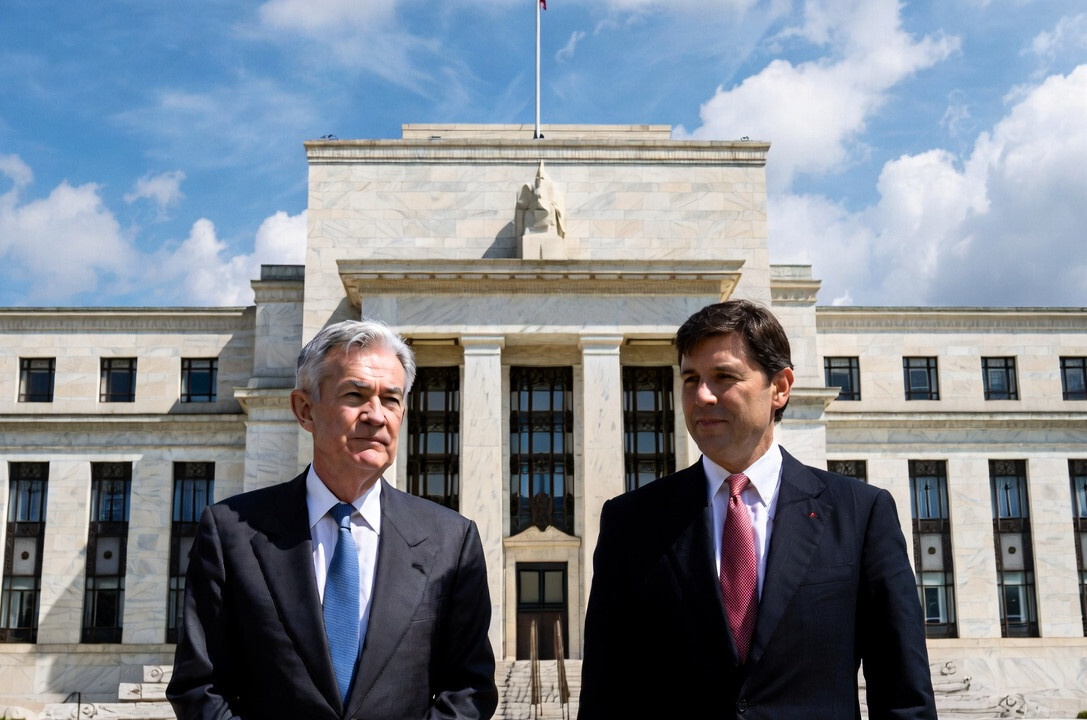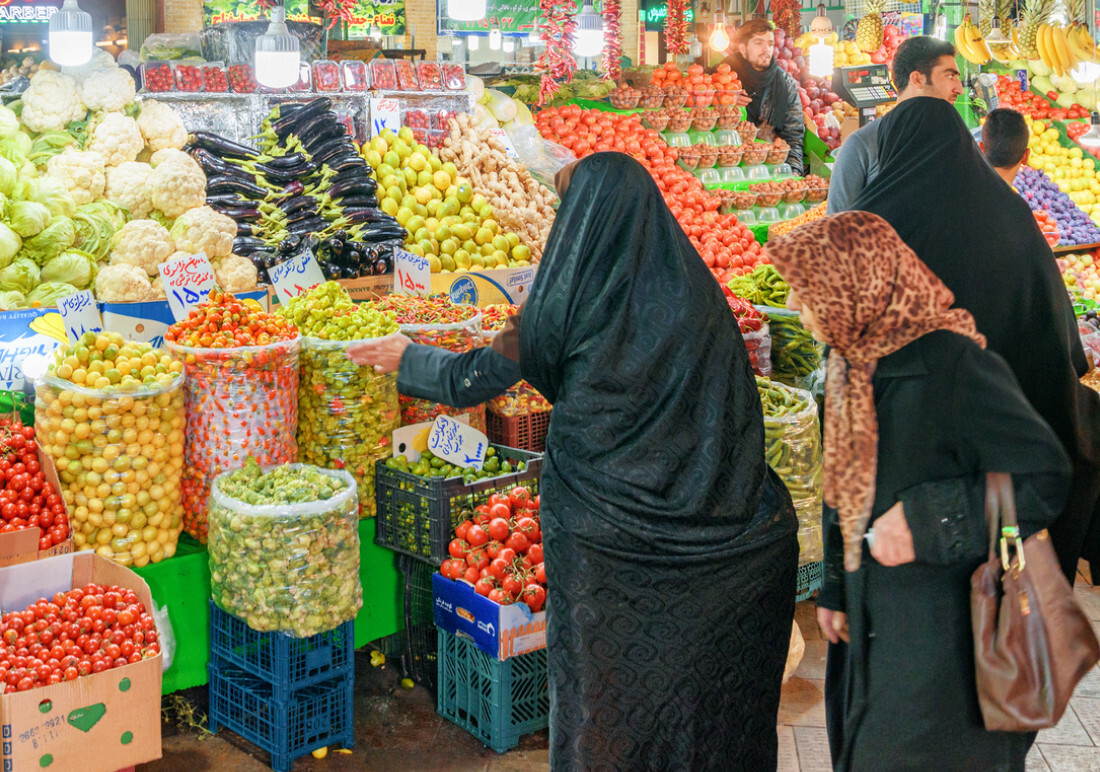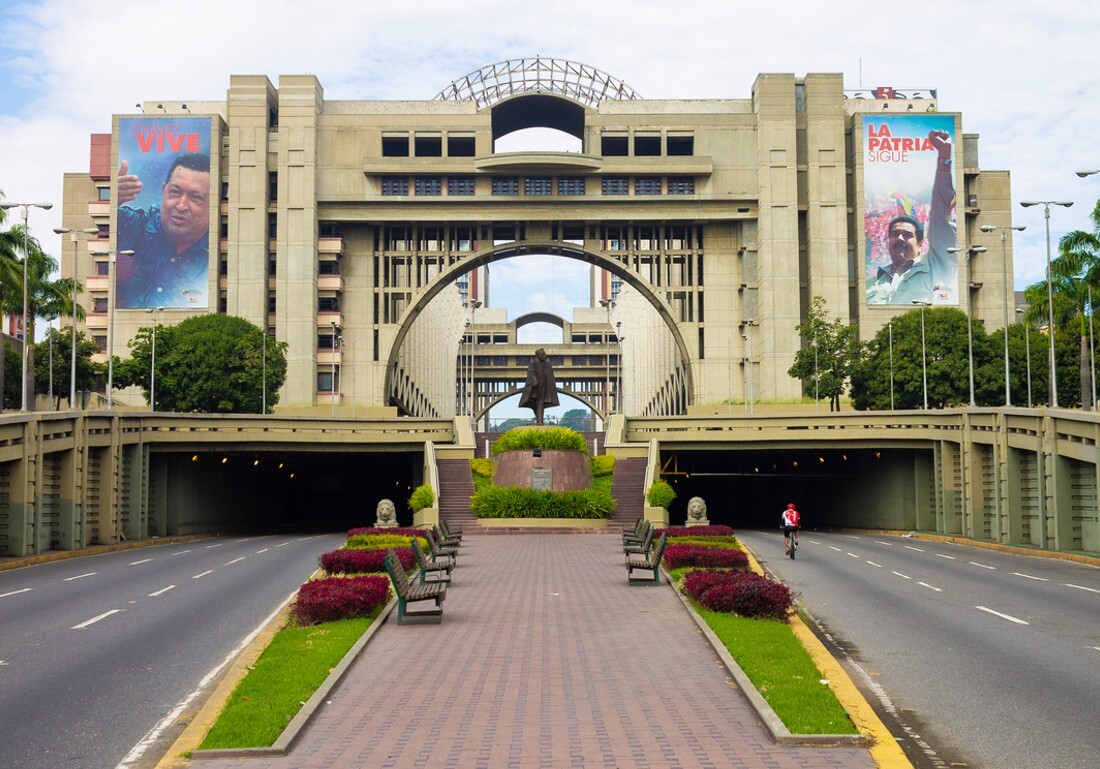La recente epidemia di Ebola ha suscitato diffusi timori nella popolazione in tutto il mondo e un conseguente panico economico. Abbiamo ragione di essere preoccupati, ma forse lo siamo per le ragioni sbagliate
The recent Ebola outbreak has elicited widespread popular fear and narrower economic panic. We are right to be concerned, but we seem to be worried for the wrong reasons (Figure 1 and Figure 2).
The fear is that the epidemic directly threatens "us" in North America and Europe. The panic is about whether the epidemic might threaten hard-won gains in economic growth in Africa. Both are misconceived.
Countries with reasonable health systems and responsive governments are well placed to contain the disease.
As is now becoming clear, the virus is having an uneven impact on affected countries depending on their underlying level of institutional fragility.
The divergent patterns of contagion and response between the three most-affected countries (Liberia, Sierra Leone and Guinea) and less-affected countries (Nigeria, Senegal) testify to this (Figure 3).
In the first group of countries, the contagion rapidly spiraled out of control (Figure 4), leading to collapses of their already weak health systems. This was exacerbated by public mistrust of government messaging. By contrast, the ability of Nigeria and Senegal to break the chain of contagion has been remarkable. They acted quickly and effectively. Both been declared "Ebola-free". The threat is far from over (Figure 5), but many of countries in Europe and North America very far away from the epicenter of the epidemic and even were it not, it counts on an excellent health care system and a trustworthy government.
The second major concern is about the broader economic impact of the epidemic. The greatest danger here is that doomsday narratives become self-fulfilling prophecies.
It is critical to put the economic impact in context. Given its current trajectory, the disease appears unlikely to derail Africa's growth prospects. While Ebola is wreaking devastation on the three affected countries, these economies are marginal even to the wider regional economy (Figure 6), let alone the economy of the whole continent, for which they account for less than 1%. Moreover, the impact on regional trade thus far has not been significant, as most restrictions on regional air traffic have been lifted and much of the regional trade moves through the widely unaffected ports of Lagos, Abidjan and Dakar. There is also no evidence that the epidemic has significantly reduced the appetites of experienced investors. Experienced investors are accustomed to facing risk, oftentimes rewarded by concomitantly higher returns. Many African economies are better placed today than in past decades to weather such a crisis. Africa is home to six of the 10 fastest growing economies in the world and, according to the World Bank's latest Doing Business Report, half of its top 10 performing countries. The continent possesses 30% of world mineral reserves and half of its uncultivated arable land. Africa is also becoming an important consumer market: average incomes rose by 30% in the last decade. Africa is also witnessing a veritable boom in mobile banking, ahead of some of the world's most advanced economies. Granted, strong commodity prices have been central to the continent's economic turnaround, but other factors have played a part too.
Of course, significant challenges remain. Much of this growth has been uneven, leaving many behind. Poor infrastructure remains a major impediment for business and the continent is also adversely affected by the impacts of climate change. Weak public institutions are not only economically inhibiting, but render people vulnerable to public health crises. What Ebola has revealed is that peoples' proximity to the epicenter of the disease may be less important to its spread than the strength of the country's institutions.
Nonetheless the truth is that for most of Africa, Ebola is unlikely to determine its economic future. Other factors loom larger such as shifts in global commodity prices. Recent declines in the price of oil, for example, threaten growth in some of the largest African economies (Nigeria and Angola) while conversely providing relief to those importing oil.
Instead, we should be concerned because this epidemic is having absolutely devastating effects (Figure 7) on the lives of tens of thousands of who happen to live in Liberia, Guinea, and Sierra Leone. The lives of these people should matter just as much as ours. They have the same hopes and aspirations as us. The difference is that their fears are real.
© Riproduzione riservata











